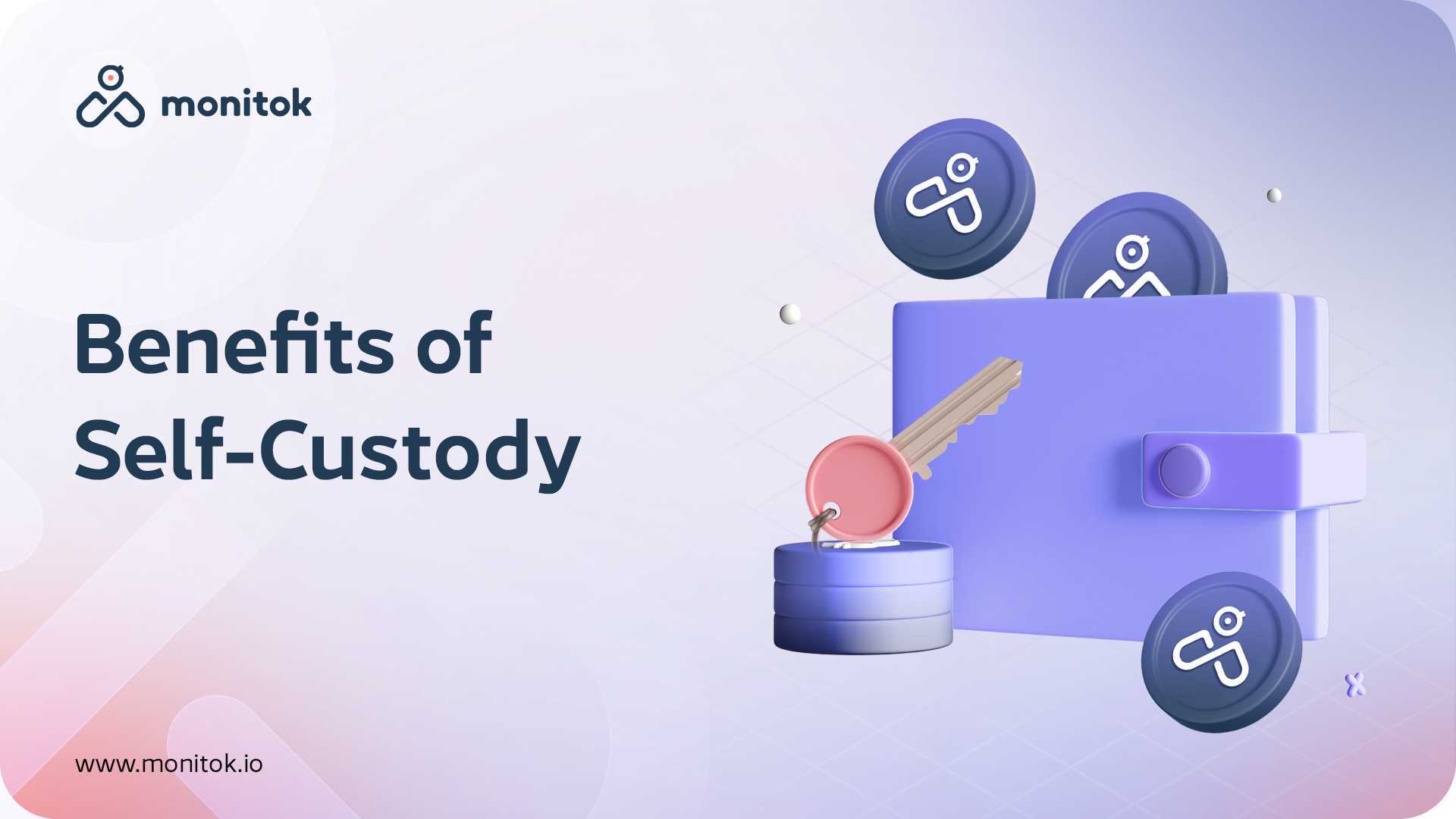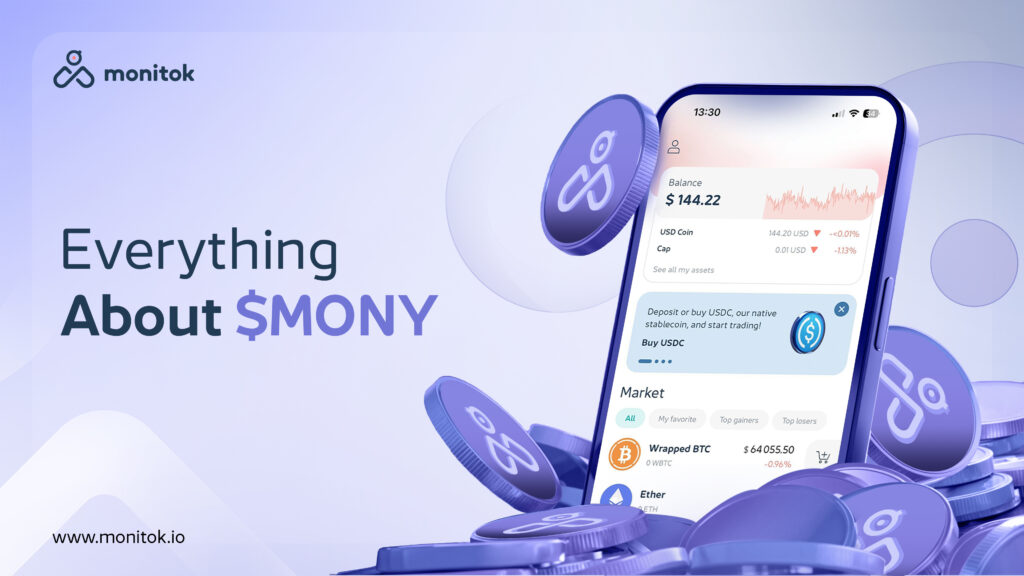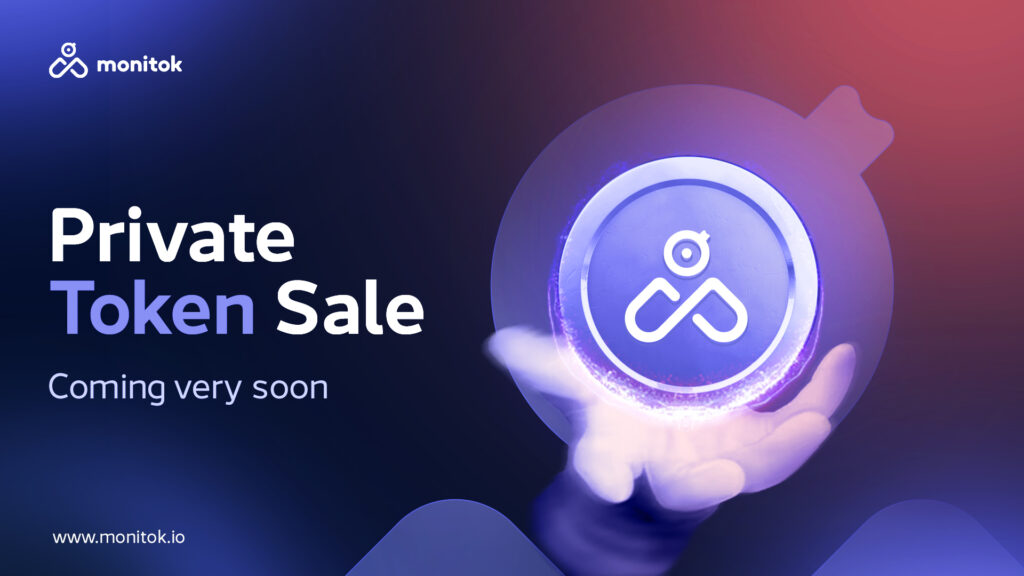In the fascinating but also sometimes risky world of cryptocurrency, how you store your assets is crucial. Understanding the benefits and potential risks of self-custodial wallets can help you make informed decisions and safeguard your digital wealth.
While some may prefer the convenience of custodial crypto services due to their simplicity, self-custodial wallets offer increased security and are in line with the core principles of decentralization. Let’s explore the benefits of self-custodial wallets.
You Control Your Keys
“Not your keys, not your crypto” is perhaps the most common and important phrase among self-custodial crypto users, and for a good reason. Usually, when you create an account with a centralized exchange, you’re given a custodial wallet. This means you won’t receive your private keys and cannot directly control or own assets within the wallet. Therefore, you’ll have to trust the platform controlling your funds.
Whereas with a self-custodial wallet, you receive your public and private keys. This means you have full control over the assets within the wallet, and no third party service can restrict or prevent transfers. The importance of owning your private key is clear: whoever has access to your keys has access to your crypto.
Eliminates Counterparty Vulnerabilities
Although the cryptocurrency market is adopting new regulations and laws to mitigate risk to consumers, there is always an element of uncertainty associated with 3rd party platforms. The collapse of the FTX exchange is a prime example of why you should always store your crypto in a self-custodial wallet. A custodial wallet involves a third-party service holding your private keys. In such a setup, the service provider has the ability to manage your assets, potentially making them vulnerable to unauthorized transactions or even malfeasance by the service provider itself. In contrast, with a self-custodial wallet, you have full control over your private keys, which means third-party providers cannot access or move your assets without your explicit authorization.
Reduced Costs
Self-custodial wallets offer a more cost-effective approach to asset management because they remove the need for intermediary financial institutions, such as a third party managing your keys. By enabling users to hold their own private keys, these wallets eliminate account maintenance fees and other charges typically levied by centralized services. Additionally, transactions can be executed directly from the wallet since they don’t require the involvement of third parties.
Immediate Transactions
Self-custodial wallets may also offer immediate transactions primarily because they give users direct control over their private keys and, by extension, their assets. This eliminates the need for third-party authorization, streamlining the transaction process. In contrast, custodial wallets involve an intermediary, such as a financial institution, which can introduce delays due to additional security checks or operational lags. Therefore, self-custodial wallets provide a more efficient avenue for immediate transactions.
Risks of self-custodial wallets
The world of cryptocurrencies comes with its own set of challenges and rewards, and choosing a self-custodial wallet is a decision that shouldn’t be taken lightly. While these wallets offer greater control over your digital assets, they also come with their own set of risks that require vigilant management.
Private Key Loss
Misplacing your private keys means saying goodbye to accessing your funds. This often occurs among less experienced users who aren’t familiar with securing their private keys effectively. Unlike traditional banking systems, in very few cases there’s a ‘Forgot Password?’ option or customer service to bail you out. The decentralized nature of blockchain technology means you are solely responsible for safeguarding your private key. Lose it, and you’re effectively locked out of your own digital vault, with potentially significant financial consequences.
Asset Theft
A self-custodial wallet is generally less susceptible to asset theft compared to a custodial wallet. However, the highest risk factor remains you, the owner, and your ability to securely manage your private keys. If a malicious individual gets hold of your private keys, whether by infiltrating your devices or stumbling upon your paper wallet, they can seize your digital assets, leaving you with little chance of retrieval. Despite the potential risks outlined, a self-custodial wallet remains the optimal choice for secure trading. By taking precautionary measures such as regular backups and strict security protocols, users can mitigate these risks and enjoy a higher level of control and ownership over their digital assets.
Opting for a self-custodial wallet signifies a commitment to the core principles of cryptocurrency: security, privacy, and control. Although it demands a higher level of responsibility and vigilance, the advantages far outweigh the risks. By taking proactive steps to safeguard your private keys, you can enjoy the peace of mind that comes with knowing your assets are truly under your control. In a landscape where third-party vulnerabilities can lead to catastrophic losses, self-custodial wallets offer a robust and efficient solution for managing your digital assets.
Monitok is a self-custodial wallet which is designed to be adopted by masses with its user-friendly interface. Combining the best features of self-custodial and custodial wallets, Monitok offers great privacy and ease-of-use. Join us:



